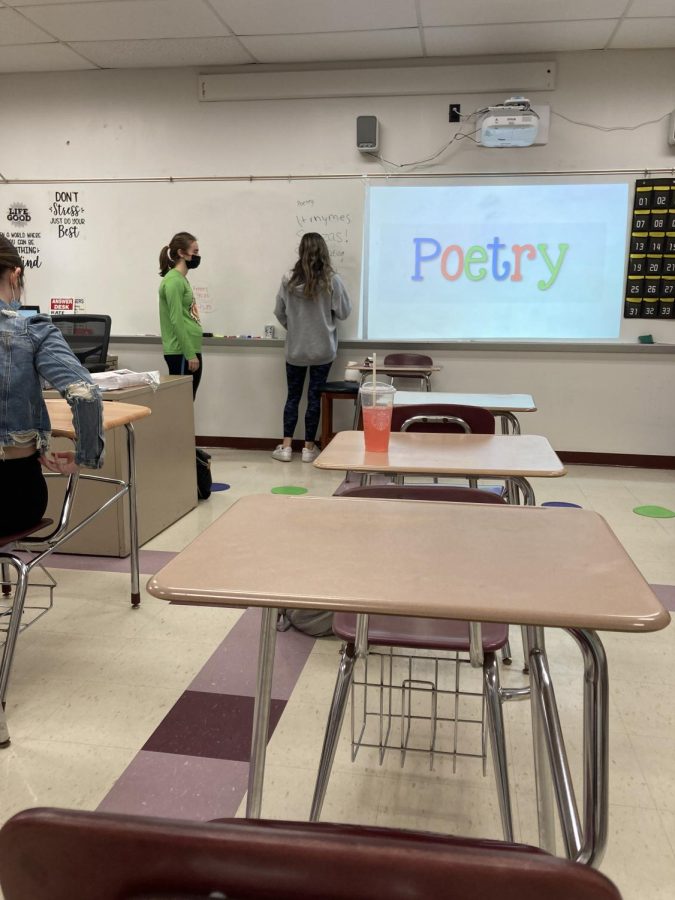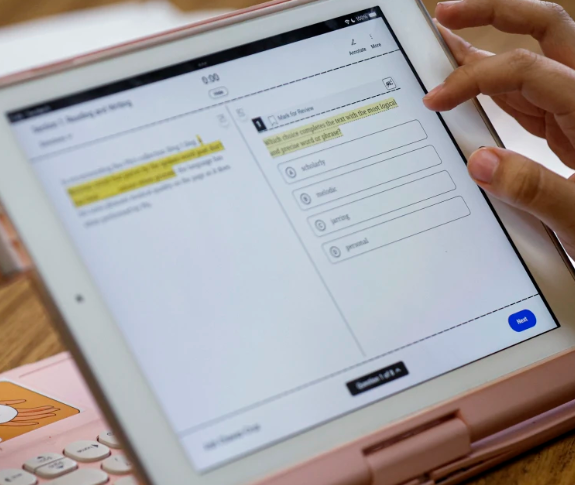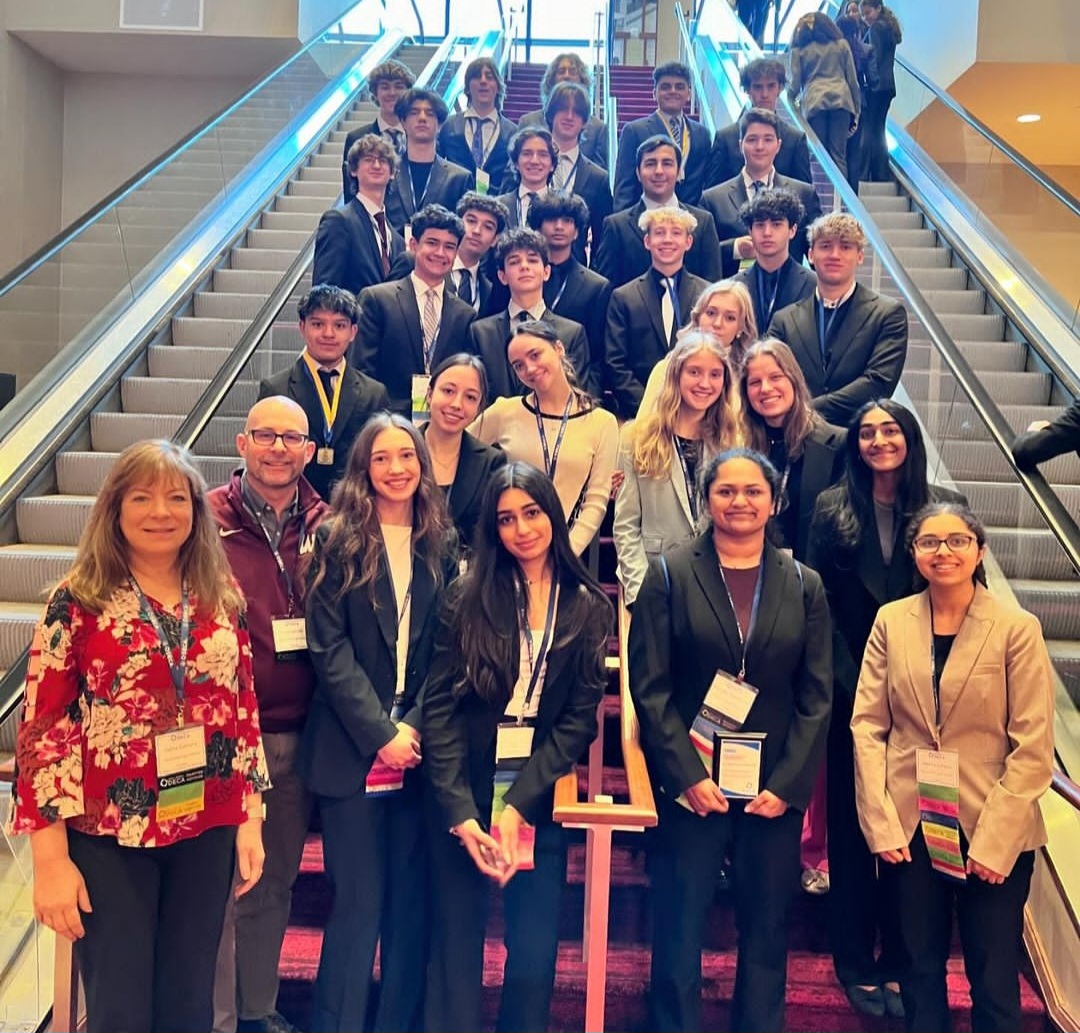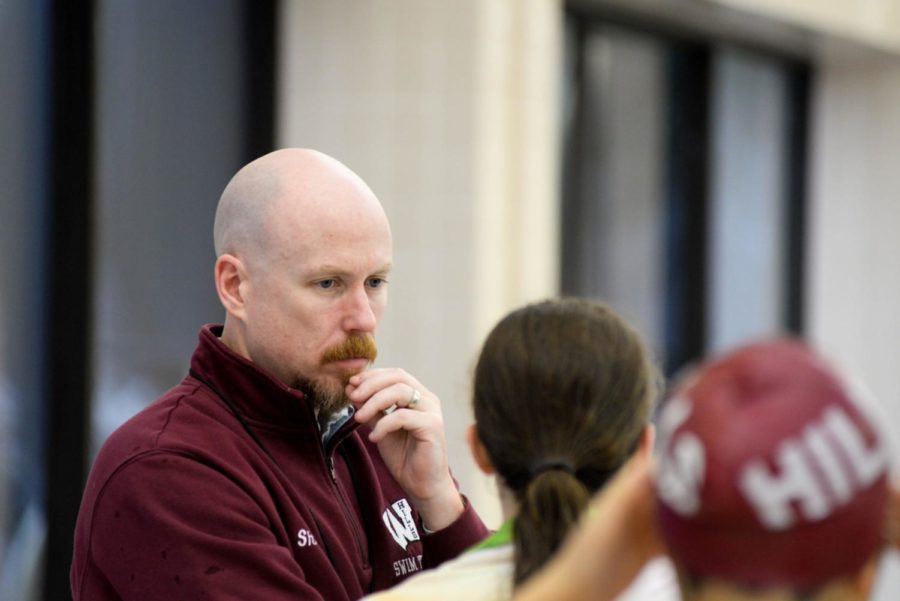Class Preview: Child Development
March 8, 2022
Do you ever wish you could go back to your childhood elementary school, or spend time with kids each week? Luckily for the Patriots, there is a class for just about everyone, and a class that interests many students is Child Development.
The Child Development program has been at Wayne Hills for years, but more recently, Wayne Hills introduced a program supplementary to the Child Development I and II courses called Project Teach. Project Teach, also known as Child Development III, gives 12th grade students who are interested in education the ability to take a college-level course through Fairleigh Dickinson University. The class gives students the unique privilege to work with students in a real classroom. The class is taught by Mrs. Cangialosi, who also teaches English at Hills.
Beginning sophomore year, Wayne Hills students are given the opportunity to take Child Development I with Mrs. Tomaiko, and they can also take Child Development II if they are interested in furthering their knowledge on children and the way they learn. “Our child development program teaches important practical life skills that can be utilized by every student. So whether you want to be a teacher, parent, uncle, aunt, or even a coach, knowing how and why children do the things they do is important,” said Mrs. Tomaiko. Most students who take Child Development I decide to take Child Development II, which is also taught by Mrs. Tomaiko, who is a former third grade teacher.
Incoming seniors who wish to take Child Development III must have a B GPA or higher, and also must get a teacher recommendation from Mrs. Tomaiko in order to join. A student can choose to take the class solely for the learning experience or, he/she can choose to pay a fee to Fairleigh Dickinson to earn college credits after 30 hours of field experience at one of the district’s nearby elementary schools.
During the first half of the year, students prepare to go into the field by practicing interacting with a class, and reading and writing about education. Students also watch videos about influential teachers throughout the country and in the community. Mrs. Cangialosi’s students learn how to teach by making their own lesson plans and teaching these lesson plans to their classmates. Students reflect own experiences in school, as well as discovering their own educational philosophies, which is a personal belief system revolving around how students should be taught.
“I love teaching CD 3 because it reminds me why I went into this profession and it allows me to share my passion and knowledge of teaching to future educators,” said CD3 teacher Mrs. Cangialosi. Teacher-cadets are prompted to envision themselves as educators and brainstorm how they will deal with various situations in the classroom. Students also learn the various responsibilities a teacher has. The class also introduces students to college-level writing, putting them ahead of the game when it is time to enter college in the fall.
Along with reflective writing and watching educational videos, CD3 is filled with hands-on activities and engaging class discussions. Students get the opportunity to have meaningful conversations about approaching education while diving deeper into how children learn, and the different ways they learn. A student-favorite is the periodic lesson plans in the classroom, which are typically centered around a common book, or theme.
Something else that draws students to CD3 is being able to venture off from the high-school building and spend time with children. CD3 teacher-cadets can request a school and a grade level they are interested in teaching, which Mrs. Cangialosi tries her best to fulfill based on availability and the willingness of schoolteachers to take high schoolers in as cadets. In a typical year, students begin leaving Hills twice a week in January. Although this year’s students have not been to the elementary schools yet due to COVID-19 restrictions, they will begin their endeavors as teacher cadets on Days 1 and 3 in mid-March. They look forward to going into the field after being uncertain of whether they would have this opportunity for the first half of the year.
Child Development is a great opportunity that gives prospective education majors an advantage in the field. Project Teach will challenge and excite prospective teachers, or anyone who is interested in the world of childhood education. This class will lead students to find their “teacher voice” and become better writers. Anyone who is interested in Child Development III should reach out to their guidance counselor for more information and to be enrolled next year.
















